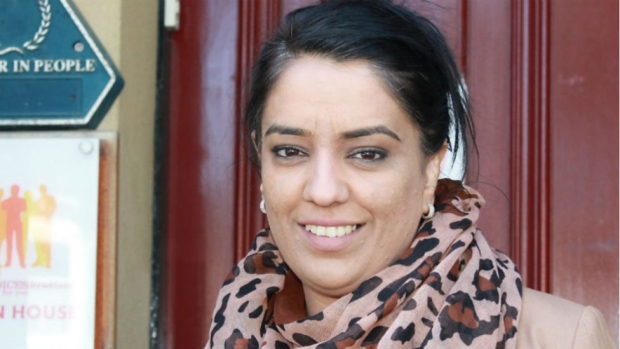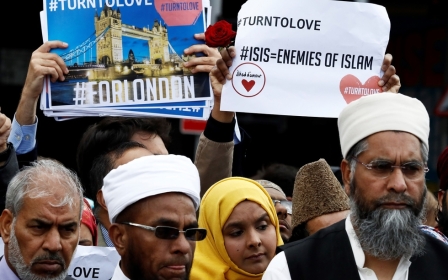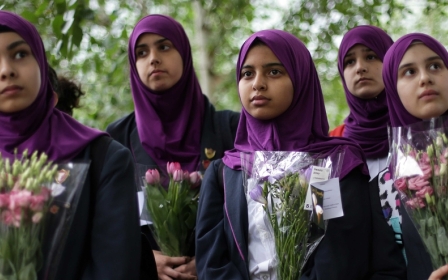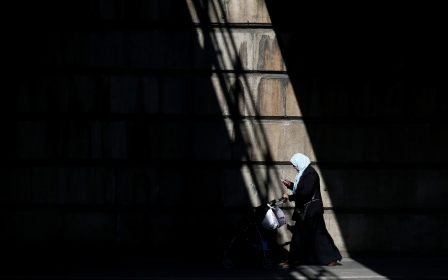Generalising about Britain's grooming gangs scapegoats Muslim communities
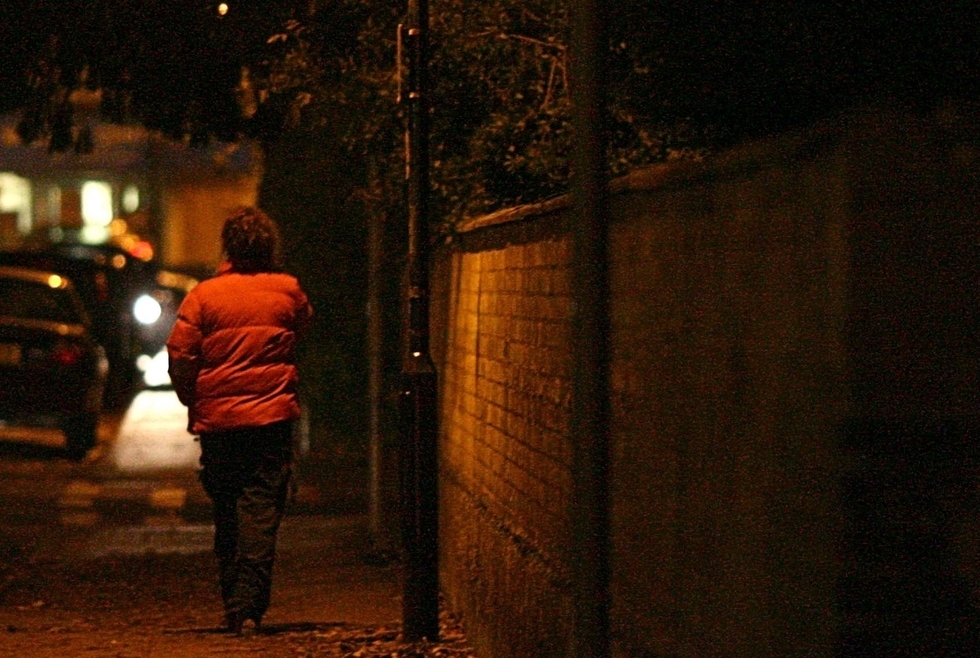
The topic of grooming gangs in Britain's cities continues to be debated and repeatedly highlighted by the UK media - and now again by the "thinktank" Quilliam Foundation.
Only recently, two Labour MPs became involved in a heated debate over the issue, with Naz Shah accusing Sarah Champion of profiling Pakistani men as sexual abusers of young, white girls following a piece she wrote for the Sun newspaper and branding Champion's actions as irresponsible.
Shah also accused her of making "blanket, racialised, loaded statements" that would set up and stigmatise Pakistani boys to fail.
Problematic masculinity
On 10 December the Quilliam Foundation published a report on grooming gangs, stating that since 2005, 84 percent of those convicted in cases of grooming were males of "Asian" heritage, with the Asian male perpetrator/white female victim dynamic serving as the prominent feature of these grooming gangs.
Most of these men are of Pakistani origin, and the victims that have come forward so far are almost exclusively young, white girls. The Quilliam Foundation has also gone as far as to say that "failure to integrate by these men into British society" has led to this.
Grooming gangs are not the most common form of child sexual abuse. According to the best available data by CEOP, abuse by lone offenders is much more common
The report stated that this pattern was corroborated by the UK National Crime Agency's Child Exploitation and Online Protection Command (CEOP) which has previously found 75 percent of offenders that target their victims based on vulnerability were of Asian ethnicity.
However, surely, in order to really deal with this issue effectively, the first thing we need to do is take the discussion away from the connection with ethnicity.
According to Professor Malcolm Cowburn, a criminologist from Sheffield Hallam University, "the larger issue is of problematic masculinity and how certain men view women, children and their sexual rights. I don't think it lies within ethnicity but within gender."
This view has also been reiterated by Nazir Afzal, the then chief crown prosecutor for the North West, who was responsible for bringing the perpetrators to trial in the high-profile Rochdale sex-grooming case in 2012.
Following the trial, Afzal said: "It wasn't their race which defined them, it was their treatment of women….. There is no community where women and girls are not vulnerable to sexual attack and that's a fact."
There was also the more recent case in Newcastle where the judge said the grooming wasn't racially motivated, leading to the MP Mike Penning writing to the attorney general calling for a review of the case that he said was racially motivated
Unhelpful generalisations
Just one day after the Quilliam report was released, the radio station LBC broadcast a distressed call from the victim of a grooming gang speaking to presenter James O'Brien. She stated that the abuse she received was because of the way the perpetrators viewed women.
So why do we continually bring it back to ethnicity? Or worst still, as another LBC presenter, Maajid Nawaaz, did, link it to religion. This approach is one-sided and will not help society tackle the problem. We need to genuinely care about addressing the issue of sexual violence.
Ethnicity may be an associative factor but is not a causative factor
While the findings of the Quilliam report need to be addressed, we need to ask: are they really addressing all the issues at hand? In order to look at sexual violence in all its forms, we need to stop sensationalising it and expressing outrage only when the perpetrators are brown and the victims white.
Drawing generalisations about communities is unhelpful. It would be incorrect to say white males are sexual offenders, or young white women are vulnerable, in the same way it is to say Asian men are groomers. Ethnicity may be an associative factor but is not a causative factor.
Sexual violence (violence against women and girls - VAWG) is one of the most persistent forms of gender inequality throughout British society – but it is in no way limited to Muslim communities.
Every week there are 3,000 calls to rape crisis centres. Indeed, the number of offences against women, including domestic abuse, rape and sexual assaults, rose by almost 10 percent to 117,568 in 2015-16.
What is being done about offenders, in paedophile rings, who are 100 percent white and target children as a result of specific sexual interest?
Lone offender abuse
As a GP it equally upsets me that we live in a society where there are young girls who feel so vulnerable that they can be taken advantage of. Why and what factors lead to this and how can we help them?
It is also important to remember that grooming gangs are not the most common form of child sexual abuse. According to the best available data by CEOP, abuse by lone offenders is much more common than abuse by groups.
Why are we not focusing on or addressing this issue too, which has a higher number of victims?
Until we start addressing all the actual issues around sexual violence and gender seriously in all its forms, we won't be able to tackle this problem.
Whether it's grooming gangs, tackling lone offenders, or paedophile rings, we should stop sensationalising the topic by doing selective "research" that scapegoats communities, alienates them further (because of the actions of a very small segment of the community) and only addresses one type of abuse.
- Siema Iqbal is a mother, a doctor and a British Muslim with an opinion based in Manchester. She is currently a partner and trainer at a North Manchester GP practice. She enjoys writing and can often be found public speaking and raising money and awareness for charities both in the UK and abroad. In 2014, she also launched a business, Doctor Aesthetics, while continuing to be a busy mum to two boys.
The views expressed in this article belong to the author and do not necessarily reflect the editorial policy of Middle East Eye.
Photo: "There is no community where women and girls are not vulnerable to sexual attack and that's a fact," Nazir Afzal, former chief crown prosecutor for the North West (AFP)
New MEE newsletter: Jerusalem Dispatch
Sign up to get the latest insights and analysis on Israel-Palestine, alongside Turkey Unpacked and other MEE newsletters
Middle East Eye delivers independent and unrivalled coverage and analysis of the Middle East, North Africa and beyond. To learn more about republishing this content and the associated fees, please fill out this form. More about MEE can be found here.



